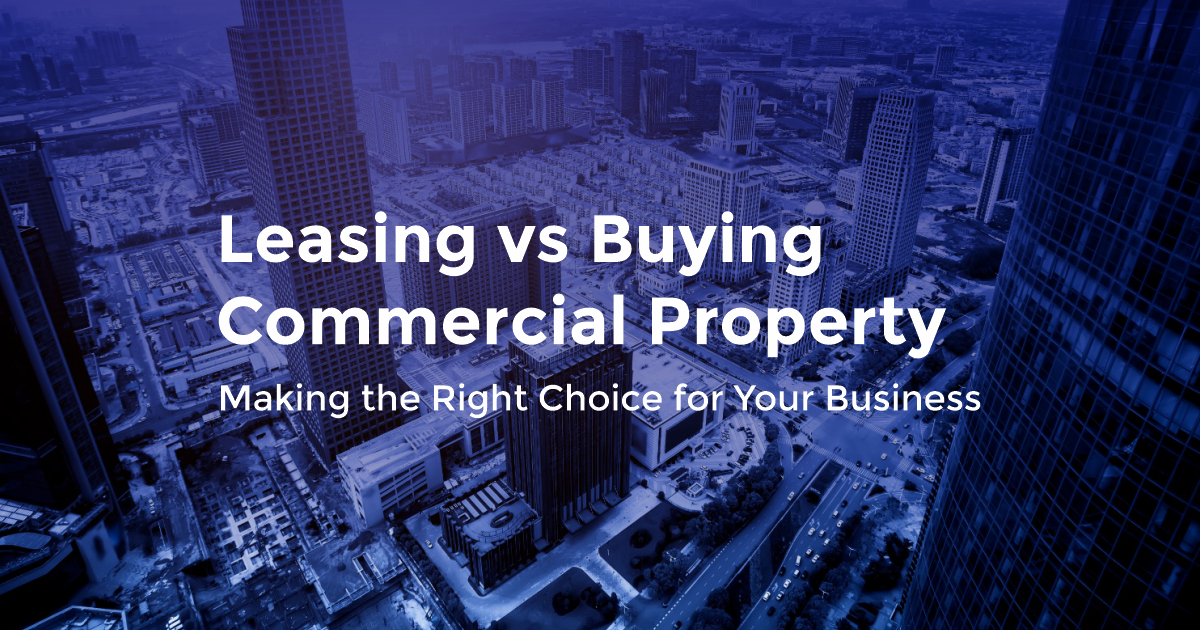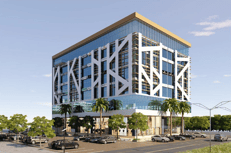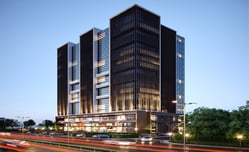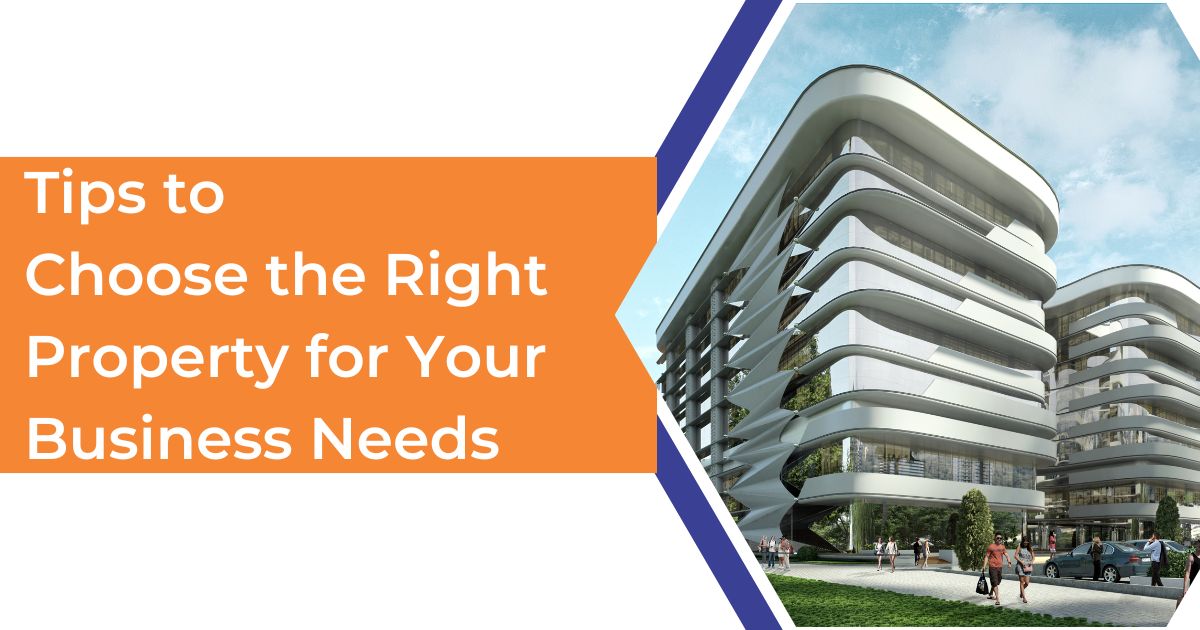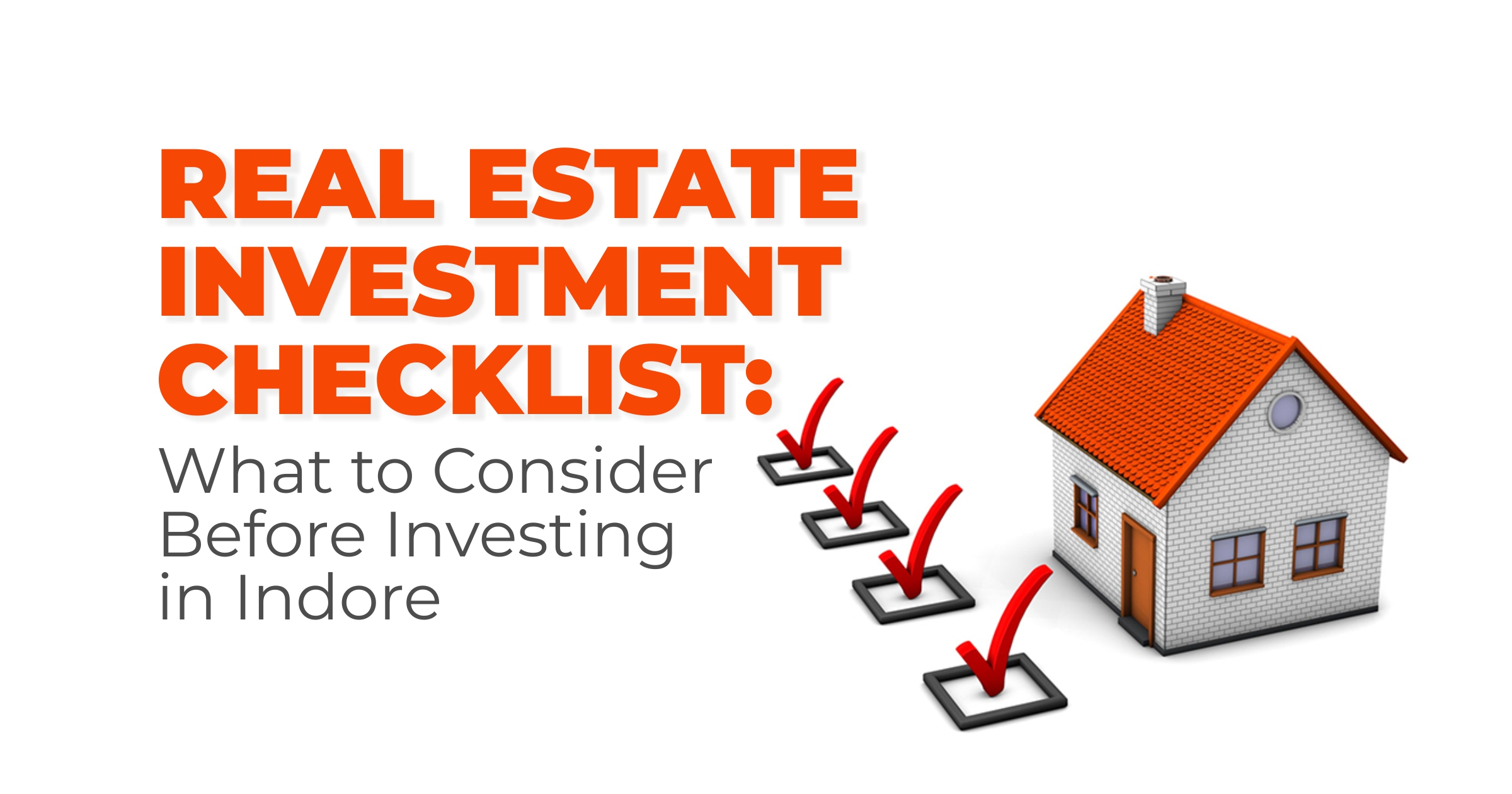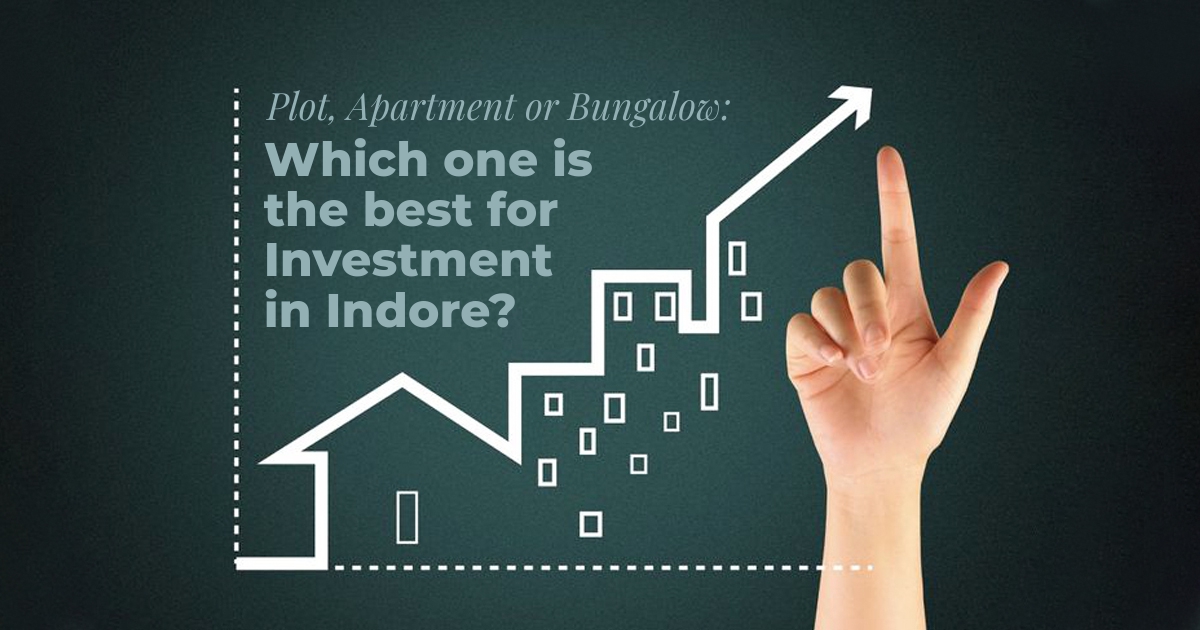When it comes to acquiring commercial property, business owners have two main options: leasing or buying. Both options have their pros and cons, and choosing between them can be a daunting task. Here we will explore the advantages and disadvantages of leasing and buying commercial property to help you make the right choice for your business.
Leasing Commercial Property
Leasing is the process of renting commercial property for a set period of time. The property owner is responsible for maintaining the property and paying property taxes, while the tenant is responsible for paying rent and any utilities or other expenses incurred during their tenancy.
Advantages of Leasing Commercial Property
- Lower Upfront Costs: Leasing a commercial property requires a lower upfront cost than buying. The tenant usually only has to pay the first and last month's rent, along with a security deposit. This makes leasing an attractive option for businesses with limited capital.
- Flexibility: Leasing a commercial property provides businesses with flexibility. Tenants can move to a new location at the end of their lease term without having to worry about selling the property. This allows businesses to adapt to changing market conditions, expand their operations or relocate to a better location.
- Reduced Maintenance Costs: The landlord is responsible for most of the maintenance costs. This can be beneficial for businesses that require significant upkeep or those that don't want to deal with the hassle of maintenance and repair.
Disadvantages of Leasing Commercial Property
- No Equity: When you lease a property, you are essentially paying someone else's mortgage. You don't build any equity in the property, and the money you pay in rent is not an investment.
- Limited Control: Tenants have limited control over the property. They may not be able to make significant changes or modifications to the property without the landlord's permission.
- Rent Increases: Lease terms usually last a set period of time, after which the landlord can increase the rent. This can be a disadvantage for businesses that require long-term stability in their location or those that operate on tight margins.
Buying Commercial Property
Buying a commercial property involves purchasing the property outright or taking out a mortgage to finance the purchase. The business owner is responsible for maintaining the property and paying all expenses associated with ownership.
Advantages of Buying Commercial Property
- Equity: When you buy a commercial property, you build equity in the property as you pay down the mortgage. The property can appreciate in value over time, making it a valuable asset for the business.
- Control: When you own a property, you have complete control over it. You can make changes and modifications to the property as needed to suit your business needs.
- Predictable Costs: Unlike leasing, the cost of ownership is predictable and stable. You can lock in a mortgage rate for the term of the loan, allowing you to plan for long-term expenses.
Disadvantages of Buying Commercial Property
- High Upfront Costs: Buying a commercial property requires a significant upfront investment, including a down payment, closing costs, and other expenses associated with ownership.
- Maintenance Costs: As an owner, you are responsible for all maintenance and repair costs associated with the property. This can be a significant expense, especially for older or larger properties.
- Limited Flexibility: Buying a commercial property can limit your flexibility to move or expand your business. You may have to sell the property if you want to move or need a different space.
Making the Right Choice for Your Business
Deciding whether to lease or buy a commercial property depends on several factors, including the business's finances, long-term goals, and operational needs. Consider the pros and cons of each option carefully and consult with a real estate professional and financial advisor to help you make the right decision.
In general, leasing is an excellent option for businesses that require flexibility and have limited capital. It can be a great way to test a new location or to expand operations without committing to a long-term investment. However, if you are looking to build equity and have more control over your property, buying may be the better option.
Before making a decision, it's essential to consider your long-term goals and finances. If you are just starting, leasing may be the best option to conserve your capital and explore your options. However, if you have a stable business and are looking to invest for the long-term, buying may be the better option.
If you are unsure which option is best for your business, consider consulting with a real estate professional consultant in Indore, Sunil Agrawal and Associates as they can help you assess your options and make an informed decision. Ultimately, the choice between leasing and buying commercial property comes down to your business's unique needs and goals and we can help you in making the right choice.






